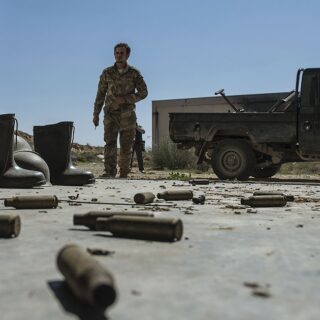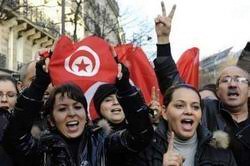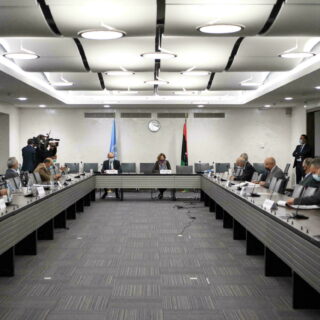Since the outbreak of war in April, the world’s States are unanimous on the necessity of stopping the fighting and return to the path of politics. Currently, and after the passage of six months since the beginning of the crisis, the world has not been able to summon the warring parties and to persuade them to settle at the same table in order to find a political solution. In fact, many are wondering whether this invitation was not, at first, only purely formal and misleading.
The International Observers consider that the States of the region plays an important role in supporting military camps, for example Egypt, UAE, and some European countries, which sustain the activity of the Libyan national army, led by Marshal Haftar. The Government of National Accord is supported by Qatar, Turkey and a number of other European countries, indicating that their influence over military developments is great and that they had raised obstacles to reach a political solution.
Despite the fact that the UN Security Council States supports the plans of Ghassan Salameh, the special envoy, his initiatives have failed so far to pacify the Libyan crisis. Many considered that the actions were dissipated between international and regional forces, instead of leading to the creation of a unique position in the world. It emerged clearly from the sessions devoted to UN Security Council and Libya. All these arrangements have favored the terrorist groups situated in many of the cities of Libya and particularly in southern regions, such as the Marzouq, Sebha and Baydha. This terrorist phenomenon threatens not only Libya but also neighboring countries, especially Algeria and Tunisia, who were witnesses to 3 terrorist attacks, just in one week, resulting in death by stabbing of a military commander Bizerte. In the city of Soussa, terrorist elements have tried to stab Deputy Head of Security, but they failed and were arrested, after the investigation concluding that there are people tracking all over the world, members of terrorist groups.
(From A.A., our correspondent in Tunisia)



